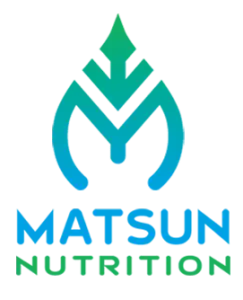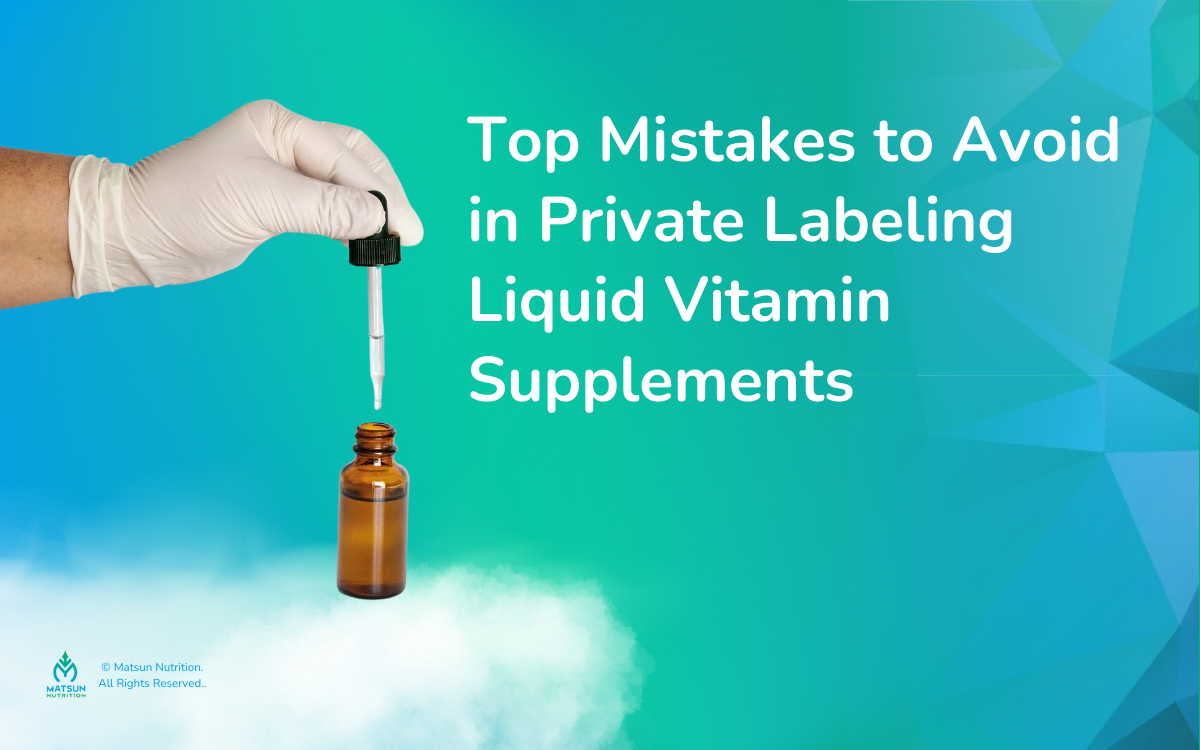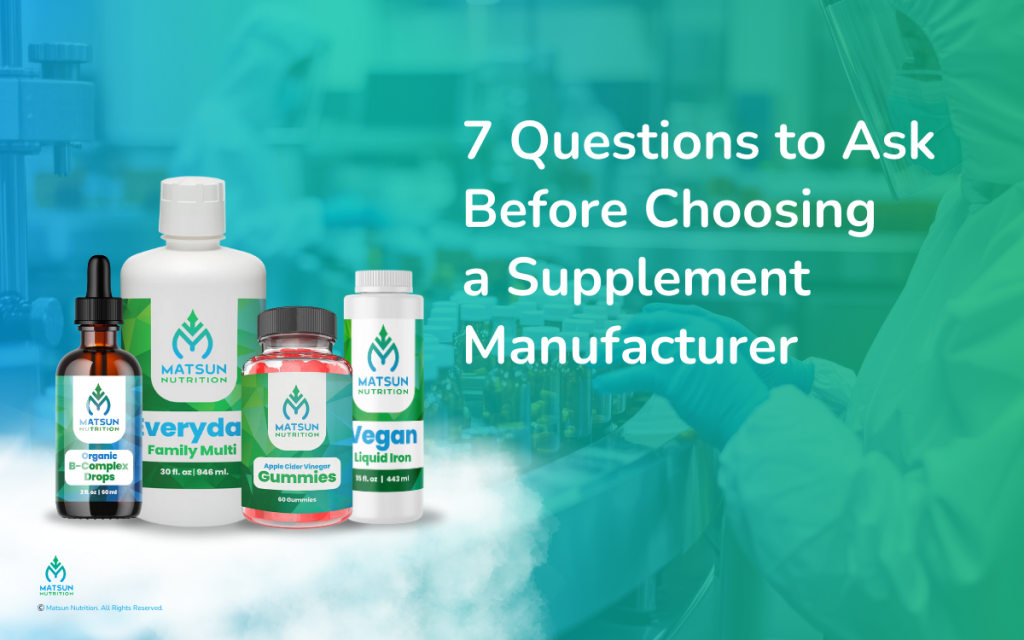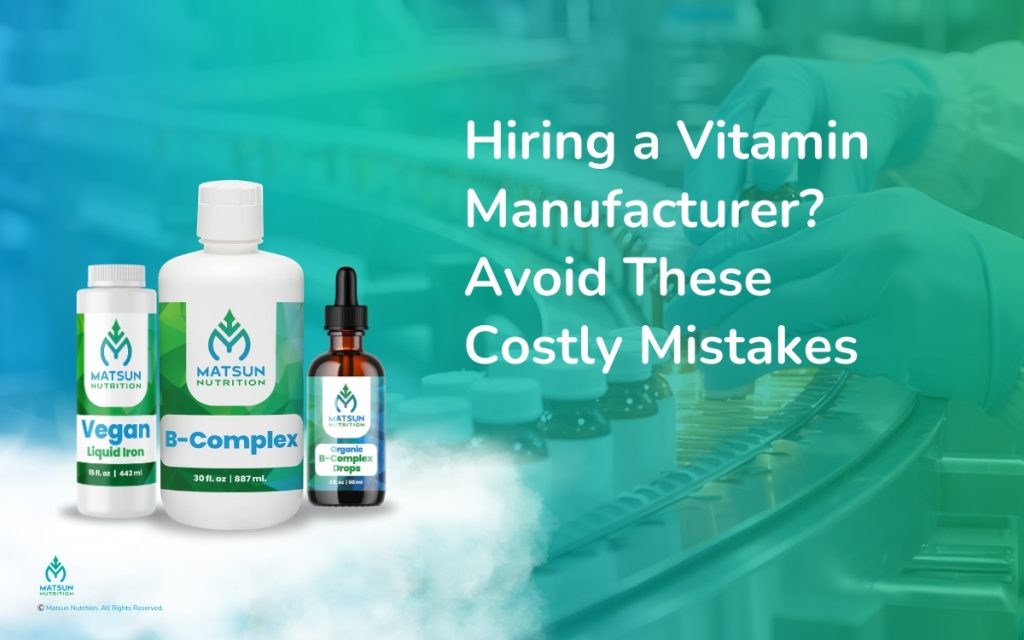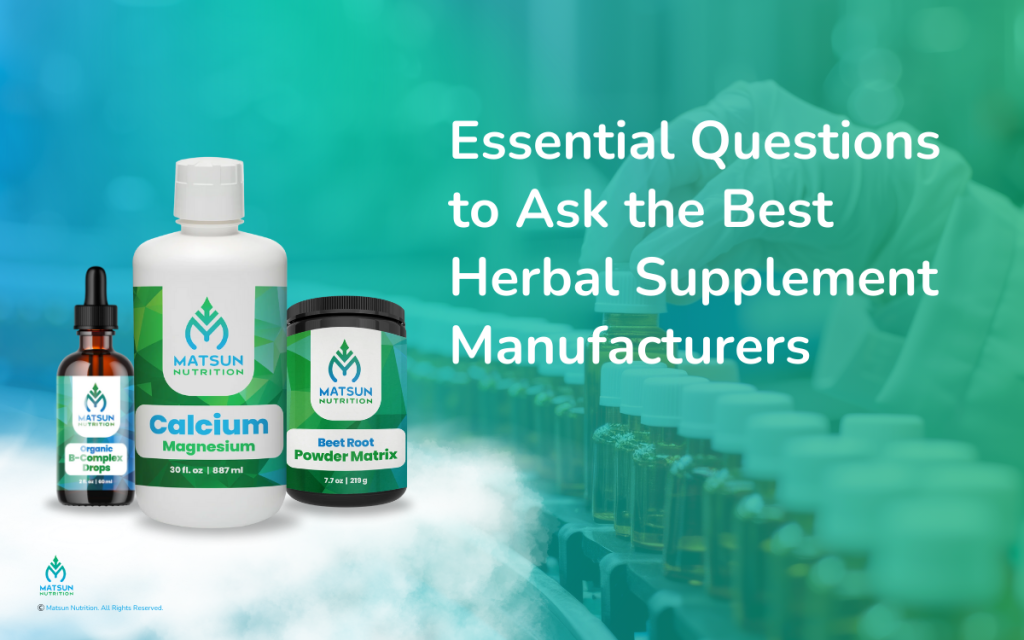Private label liquid supplements offer a cost-effective way to enter the supplement industry without the challenges of in-house production. By partnering with an experienced private label supplement manufacturer, businesses can launch high-quality liquid vitamin supplements while focusing on branding and marketing. However, many entrepreneurs make critical mistakes that can hurt product quality, compliance, and brand reputation.
In this blog, we’ll uncover the top private label liquid supplement mistakes and how to avoid them to ensure your business stands out in this competitive market.
The Growing Trends of Private Label Vitamin and Supplements
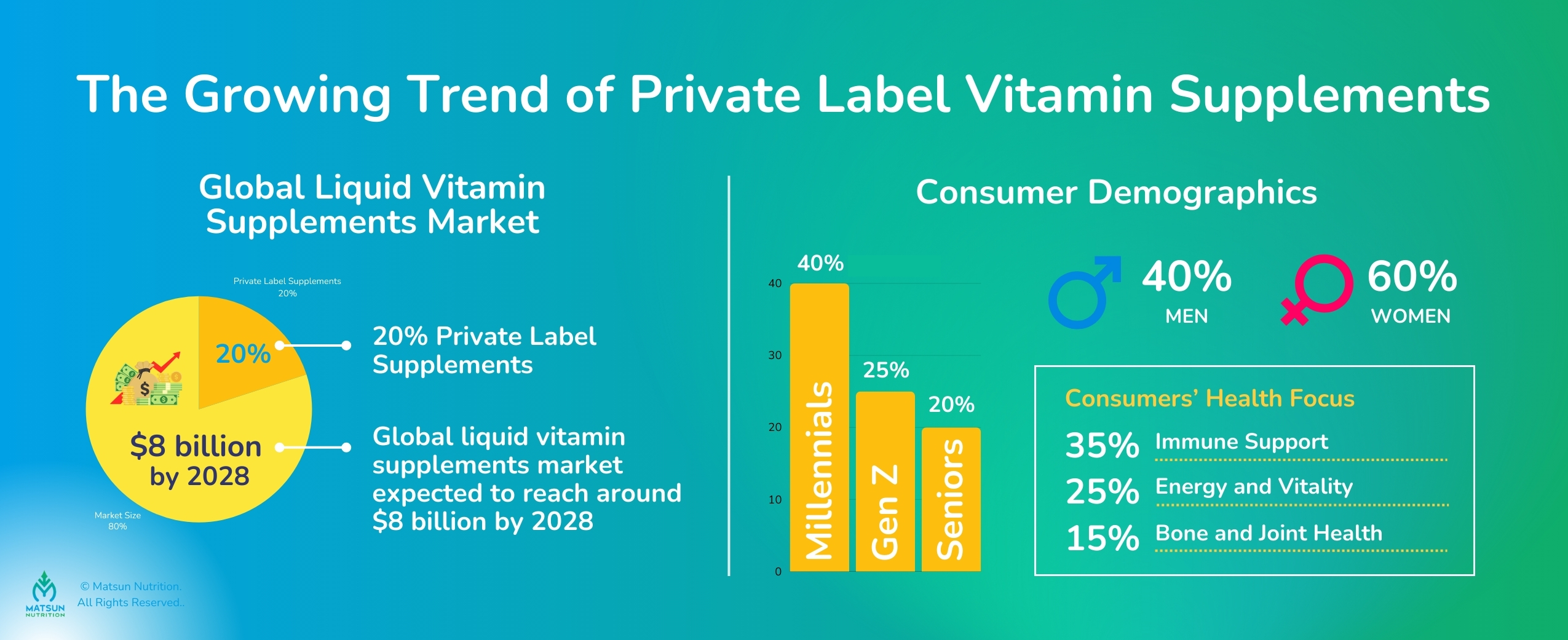
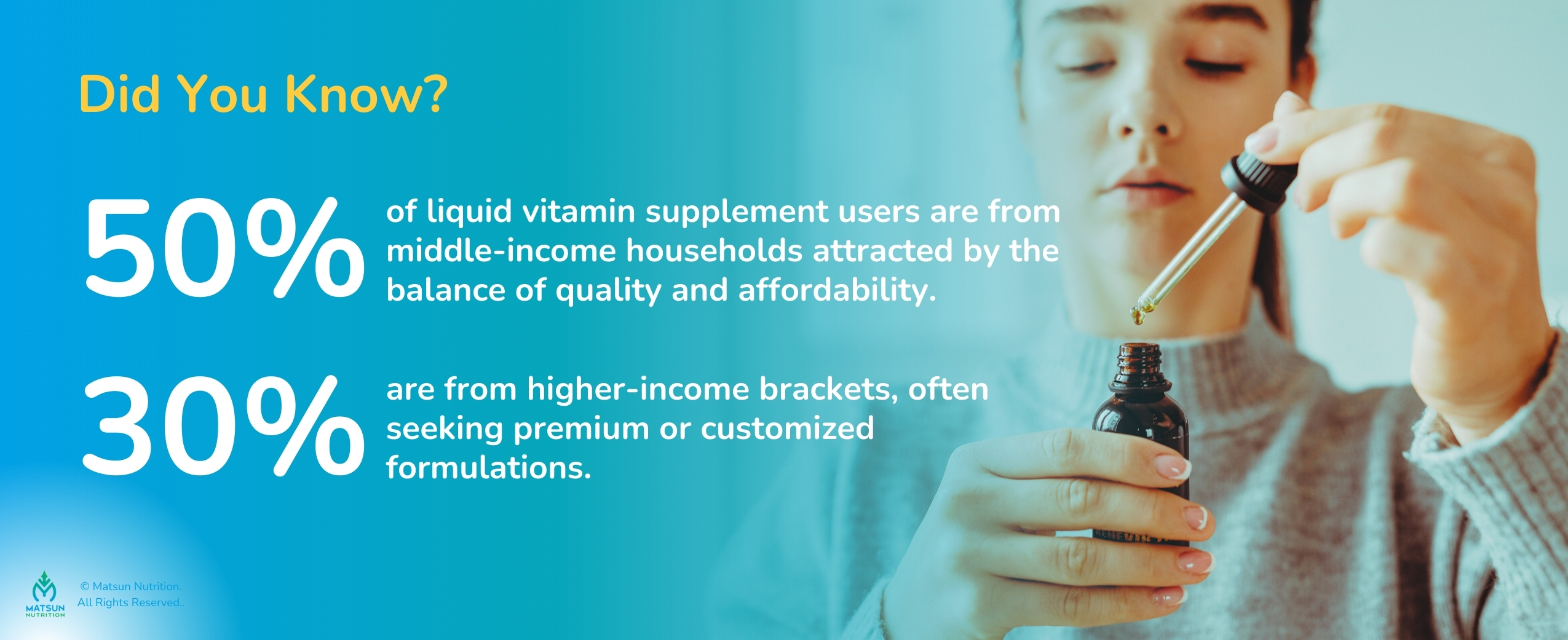
However, private labeling comes with some challenges despite its benefits. In this guide, we’ll explore ten common mistakes to avoid when starting a private label liquid supplement brand.
Mistakes to Avoid in Private Labeling Liquid Vitamin
Not Conducting Adequate Market Research

Before launching your private label supplement brand, it’s essential to conduct rigorous market research. Why? Market research can help you to collect valuable information about your target customers, the market, and competitors.
For example, if market research indicates there’s a high demand for performance-enhancing liquid vitamin supplements and a low supply, you might want to offer performance-enhancing supplements to fill the market gap.
Ignoring FDA Regulations and Compliance Issues
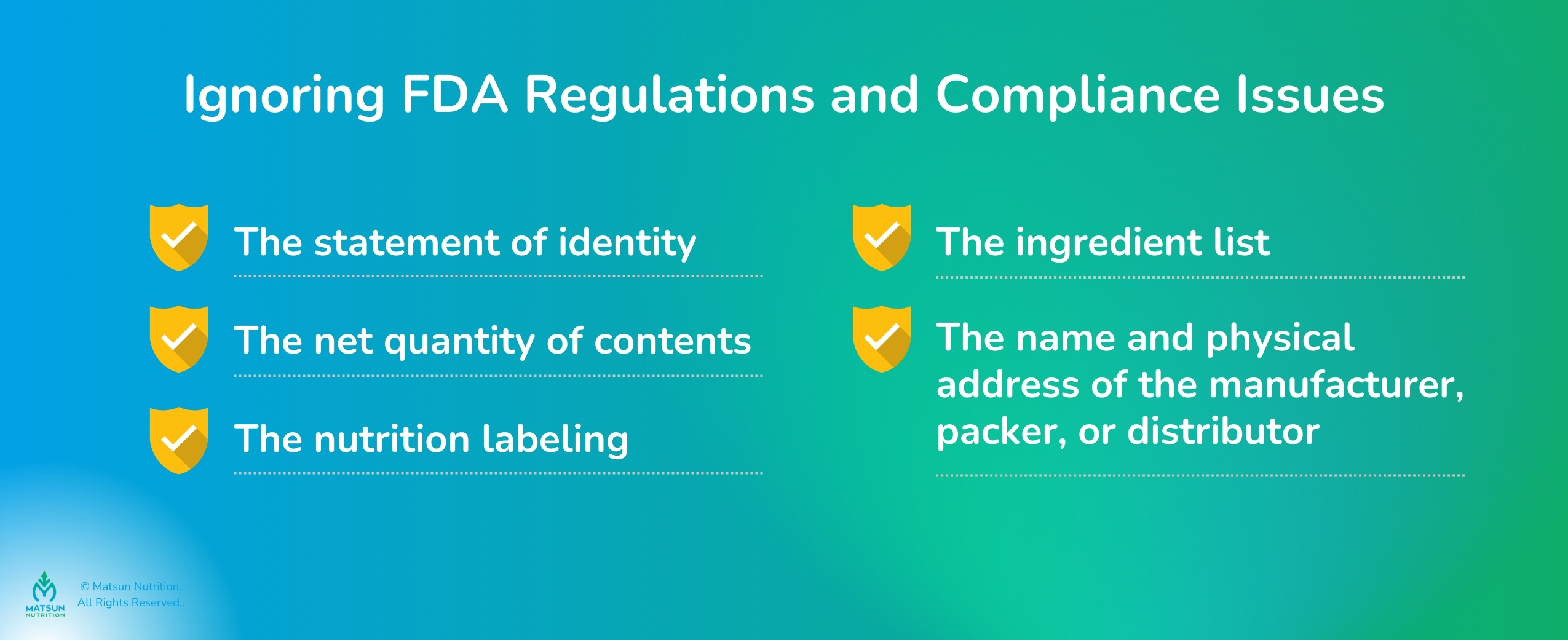
In the United States, liquid vitamin supplements must comply with the Food and Drug Administration (FDA) labeling guidelines. According to the FDA, dietary supplements sold and marketed in the U.S. must have labels with the following statements:
- The statement of identity (product name)
- The net quantity of contents (amount of dietary liquid vitamin supplement)
- The nutrition labeling
- The ingredient list
- The name and physical address of the manufacturer, packer, or distributor
It is essential to adhere to these FDA labeling guidelines to ensure your product labels are FDA-compliant. Why? Noncompliance could lead to costly product recalls, hefty fines, or even tarnish your brand’s reputation due to bad press. That’s why it’s essential to partner with a private label manufacturer that understands FDA regulations.
Choosing the Wrong Private Label Manufacturer
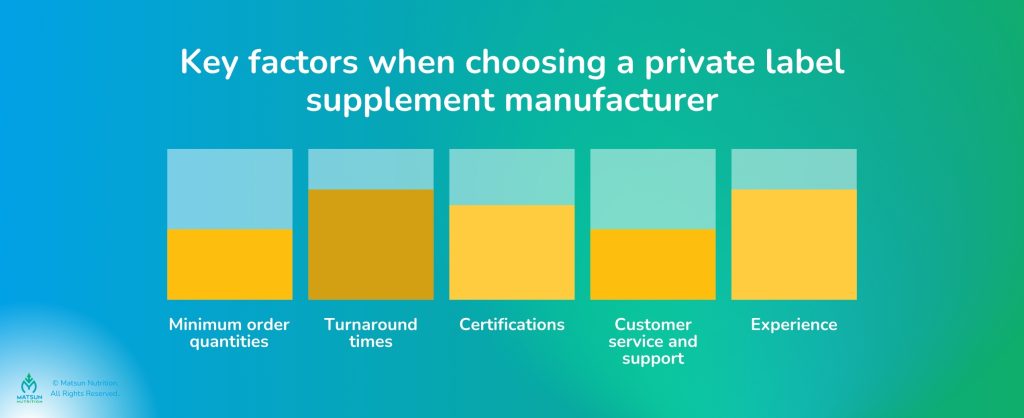
The manufacturer you select to produce liquid vitamin supplements can make or break your brand. So, with a large pool of private label manufacturers, how do you know which is suitable for your business? Here are key factors to consider when choosing a private label supplement manufacturer:
- Minimum order quantities: Different manufacturers offer different minimum order quantities (MOQs). If you’re launching a new private label brand, choosing a manufacturer with low minimums can reduce your upfront investment and allow you to maintain a healthy cash flow.
- Turnaround times: In the competitive supplements industry, quickly getting your product to market can give you an edge. Look for a manufacturer that offers quick turnaround times without compromising product quality.
- Certifications: Certifications from reputable organizations demonstrate a private label manufacturer’s commitment to high-quality production standards. Look for a manufacturer with recognized certifications from organizations such as the United States Department of Agriculture (USDA), the Better Business Bureau (BBB), and the United States Pharmacopeia (USP).
- Customer service and support: You might encounter issues occasionally and require customer support. Look for a manufacturer that offers stellar customer service via your preferred communication channels. Also, choose one that’s open to discussing your queries and concerns.
- Experience: Generally, production expertise goes hand in hand with years of experience. While this isn’t always the case, you should prioritize manufacturers with a proven track record of producing high-quality liquid vitamin supplements over a long period.
Overlooking Quality Control and Testing
A whopping 96% of American consumers care about the safety of dietary supplements, with many primarily concerned about ingredient safety, supplement claims, and purity.
Want to give your customers peace of mind? Then, you can’t afford to neglect quality control and testing. Partner with a private label supplement manufacturer that conducts thorough quality control and hires independent organizations, such as the USP and NSF International, to conduct third-party testing.
Poor Labeling and Packaging Decisions
Your liquid vitamin supplement labeling and packaging can make your brand stand out in a market saturated with thousands of similar products. In fact, 72% of American consumers say that product packaging design influences their buying decisions. So, if your supplement packaging design looks attractive, customers will likely choose your brand over others.
However, consumers don’t only care about aesthetics. Besides creating eye-catching packaging, ensure your product label provides comprehensive information, including ingredients, nutritional value, and usage instructions, to boost consumer trust in your brand. Finally, offer packaging that’s easy to open, close, and store for convenience.
Underestimating Marketing and Branding Efforts
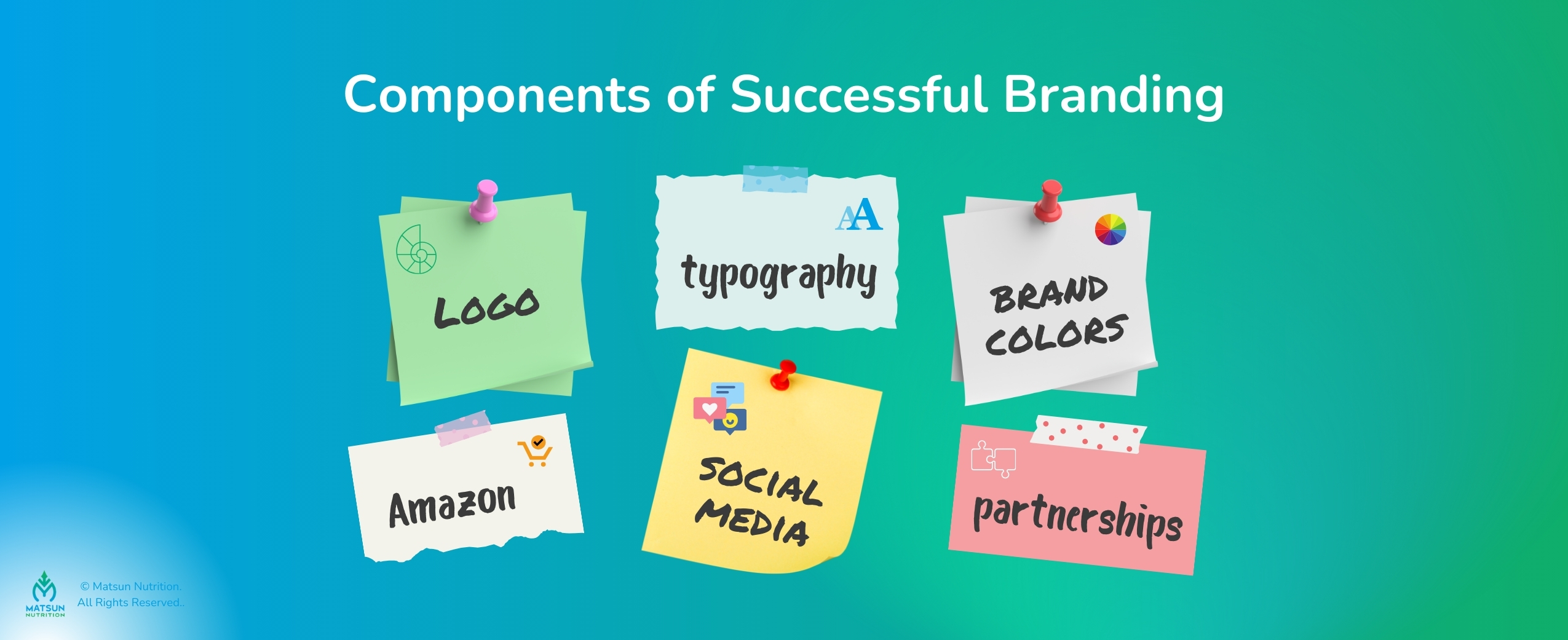
Offering liquid vitamin supplements that are safe and effective is a great first step towards setting up your brand for success. However, if consumers don’t know about your brand, it won’t sell well. Additionally, if your branding elements, such as your name, logo, and typography, don’t resonate with your target audience, you’ll lag behind the competition.
If you’re not an experienced marketer, consider partnering with a private label supplement manufacturer that can help you develop a strong brand identity, choose the right marketing channels to reach your target audience, and sell products on Amazon.
Neglecting Customer Feedback and Reviews
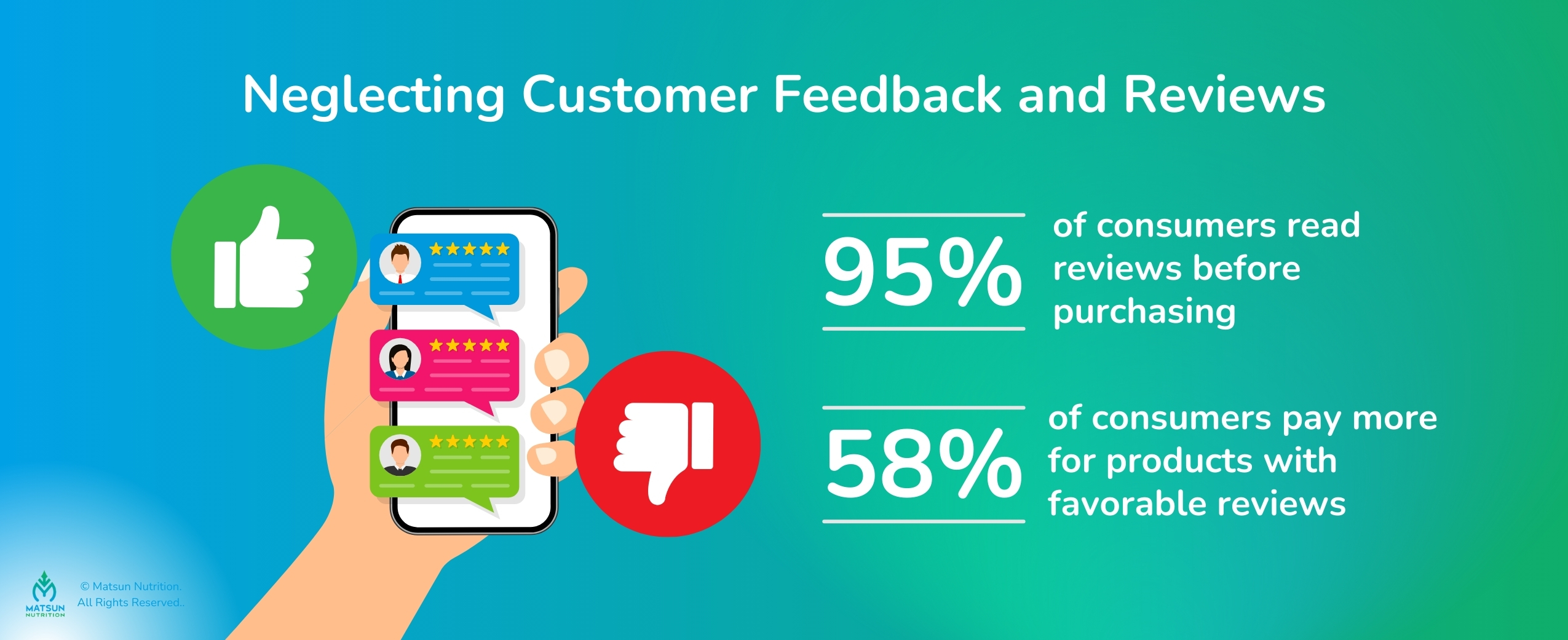
Reviews influence purchase decisions. Before consumers choose your brand, most of them will read your brand’s reviews. In fact, a staggering 95% of consumers read online reviews before purchasing products. Moreover, 58% of consumers are willing to pay more for products with favorable reviews.
That means you can’t afford to ignore customer feedback and reviews. Be sure to respond to both favorable and unfavorable reviews about your brand, as doing so can help improve your brand’s reputation, boost customer trust, and enable you to identify areas for improvement.
Failing to Plan for Inventory Management
Overlooking inventory management can significantly hurt your supplements business. Why? If you hold excess inventory, you might have cash flow issues, which could limit funds for other core business activities like marketing. Moreover, excess inventory can take up precious storage space and increase your storage costs.
Conversely, holding inadequate inventory can lead to stockouts, lost sales, and reduced revenue. Maintaining optimal inventory levels can ensure your business avoids overstocking or understocking, resulting in enhanced profitability.
If you’re launching a new liquid vitamin supplements brand, choose a manufacturer offering low minimums to avoid holding excess inventory.
Setting Unrealistic Pricing Strategies
Your product’s pricing can significantly impact your brand’s success. If you set unrealistically high prices and consumers don’t deem your brand to have a high perceived value, your brand won’t compete favorably with similar brands. Conversely, if you set unrealistically low prices, consumers may consider your brand inferior to competing brands.
That’s why it’s essential to find a pricing strategy that enables you to meet your operational costs while ensuring your business stays profitable. If you’re not adept at product pricing, partner with a finance expert who can help you develop effective pricing strategies such as cost-plus, premium, value-based, or competitive pricing.
Lack of Innovation and Differentiation
There are numerous liquid vitamin supplements on the market. Want to compete favorably with other brands? Then, you must differentiate your product. Instead of offering the same generic product as many other brands, you can set your product apart through supplement packaging, formulation, pricing, and customer service.
For example, you might provide buyers with liquid vitamin supplements made from organic ingredients to distinguish your brand from synthetic supplements.
Additionally, if you don’t want to fall behind the competition, it’s essential to continuously innovate. Partner with a private label manufacturer that prioritizes research and development to ensure your brand keeps up with market trends and dynamic consumer preferences.
Partner With a Reliable Private Labeling Liquid Vitamin Manufacturers
You need a trusted partner like Matsun Nutrition — a leading private label liquid vitamins and supplement manufacturer in the USA, to launch a successful supplements brand.
Why? Well, these ten mistakes can significantly impact the success of your private label liquid vitamin supplement brand. Fortunately, you can avoid them by partnering with a reliable partner like us.
So, why partner with Matsun Nutrition to manufacture your private label liquid supplements? At Matsun Nutrition, we make it easy to start selling liquid vitamin supplements. With our low minimums of just 12 bottles and free label designs for all private label supplements, we can help you launch your business in no time with minimal upfront investment.
Connect and grow your brand with Matsun Nutrition. Contact us today to learn more about our private label manufacturing services.
Frequently Asked Questions
Private label supplements enable entrepreneurs to leverage the expertise of private label manufacturers. The manufacturers focus on production, allowing entrepreneurs to focus on other core business aspects like marketing.
Supplements sold and marketed in the U.S. must meet certain FDA labeling guidelines. If a supplement brand doesn't meet the FDA guidelines, it might face costly recalls, hefty fines, or even legal action.
Choosing the wrong private label manufacturer can significantly impact your brand's success. When choosing a manufacturer, some key factors to consider include the manufacturer's minimum order quantities (MOQs), turnaround times, certifications, experience, and customer services.
Third-party certification is essential for liquid vitamin supplements because it demonstrates that a brand is pure, effective, and adheres to rigorous quality control standards.
You can differentiate your liquid supplement brand through your branding, pricing, formulation, or customer service. For instance, you can offer organic liquid vitamin supplements to set your brand apart from synthetic offerings.
